Ficus Benjamina Twilight – Weeping Fig – Branched
£13.99 Original price was: £13.99.£9.79Current price is: £9.79.
- Shop with ease, buy with confidence.
- Shop with Ease
- Buy quality, buy with us.
- Protect Your Wallet with Safe Payments

Ficus benjamina ‘Twilight’ embodies elegance with its variegated glossy green leaves trimmed with a delicate cream edge. This exquisite specimen not only lends verticality and architectural charm but also imparts a gentle, softening touch to any indoor environment. Its lush, dense variegated foliage is celebrated not only for its aesthetic appeal but also for its renowned air-purifying attributes, making it an ideal choice for enhancing any space.
Ficus benjamina Twighlight – Weeping Fig Care & Info Guide
Horty Hints
Feeling leafless! Rapid leaf loss can be a sign of over or underwatering. A moisture meter will help to maintain the right balance.
Insufficient light can trigger leaf drop too! Find a more suitable location and your plant should quickly recover. Once you find the right place, keep it there as they do not like being moved too often.
A little off the top! Trim to maintain your Ficus’ desired shape, but be aware that sticky latex will ooze from the ends of the cut stems! This can be an irritant, so make sure to wash your hands afterwards.

Light
Ficus benjamina Twighlight prefers bright, indirect light but can tolerate some light shade. Direct sunlight may scorch the leaves.

Watering
Water when the soil starts to become slightly dry at the top. Keep the soil lightly moist at all times, but do not overwater as this will cause leaf drop.

Temperature
The Weeping Fig does well in normal household temperatures but prefers slightly warmer conditions: between 16-24°C. Avoid cold draughts.

Humidity
This plant has no specific humidity requirements, although your Weeping Fig might benefit from the occasional misting or relocation to a steamier room.

Feed
Apply a weak dose of a fertiliser once or twice a month during the growing season.

Height & Growth Rate
The Weeping Fig is moderate to fast-growing depending on conditions, reaching an ultimate indoor height of 2 metres. These plants will drop their leaves if they are unhappy.

Toxicity
Considered poisonous due to the latex in the sap, therefore keep away from children and animals. Avoid this plant if you have a latex allergy. Contains allergens that may result in asthma symptoms.

Air Purifying
This plant filters airborne toxins and is part of our clean-air plant collection.

Origin
Ficus benjamina is native to South Asia and Australia.
| SIZE: Pot Diameter x Total Height | 14 x 55cm, 17 x 70cm |
|---|
Be the first to review “Ficus Benjamina Twilight – Weeping Fig – Branched” Cancel reply
Related products
HOUSEPLANT STYLES
HOUSEPLANT STYLES
Schefflera Arboricola Gold Capella – Dwarf Umbrella Tree – Twisted Stem
HOUSEPLANT STYLES
HOUSEPLANT STYLES
HOUSEPLANT STYLES
HOUSEPLANT STYLES
HOUSEPLANT STYLES
HOUSEPLANT STYLES

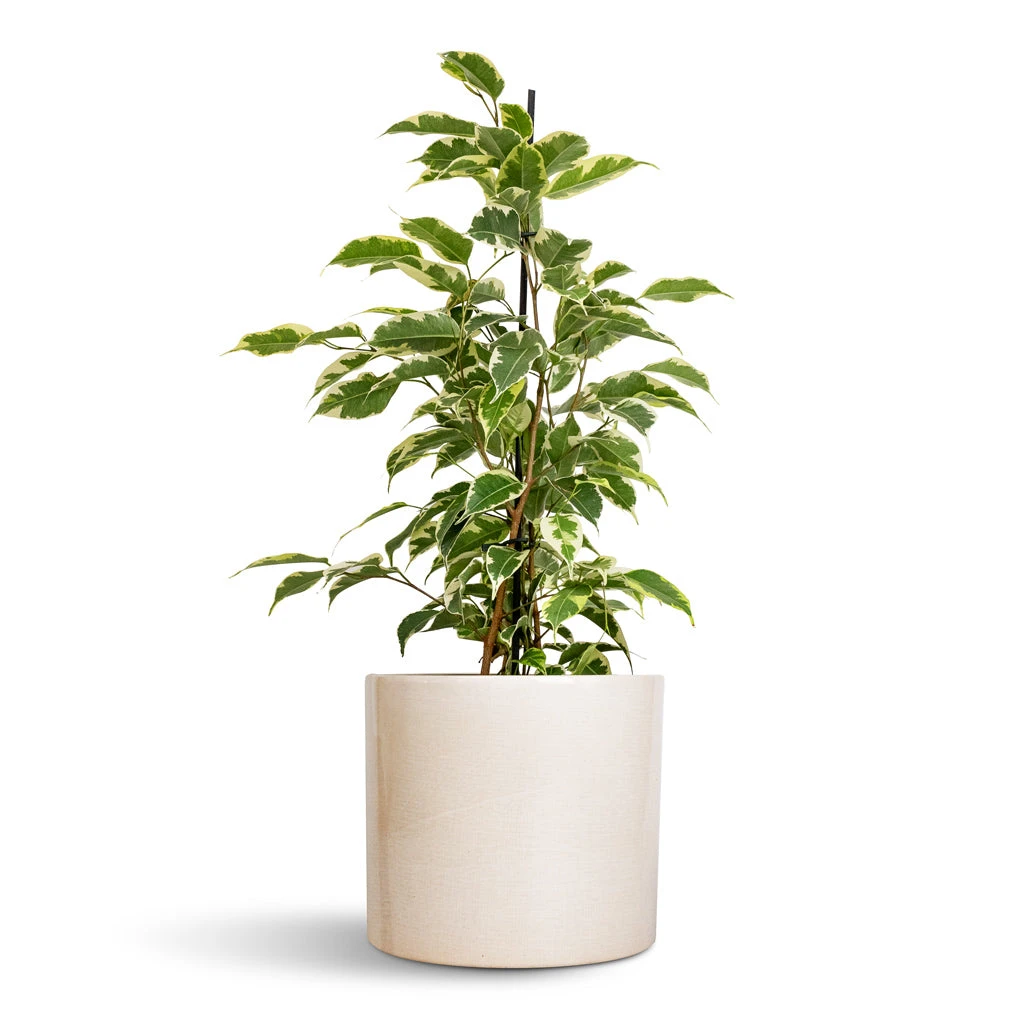
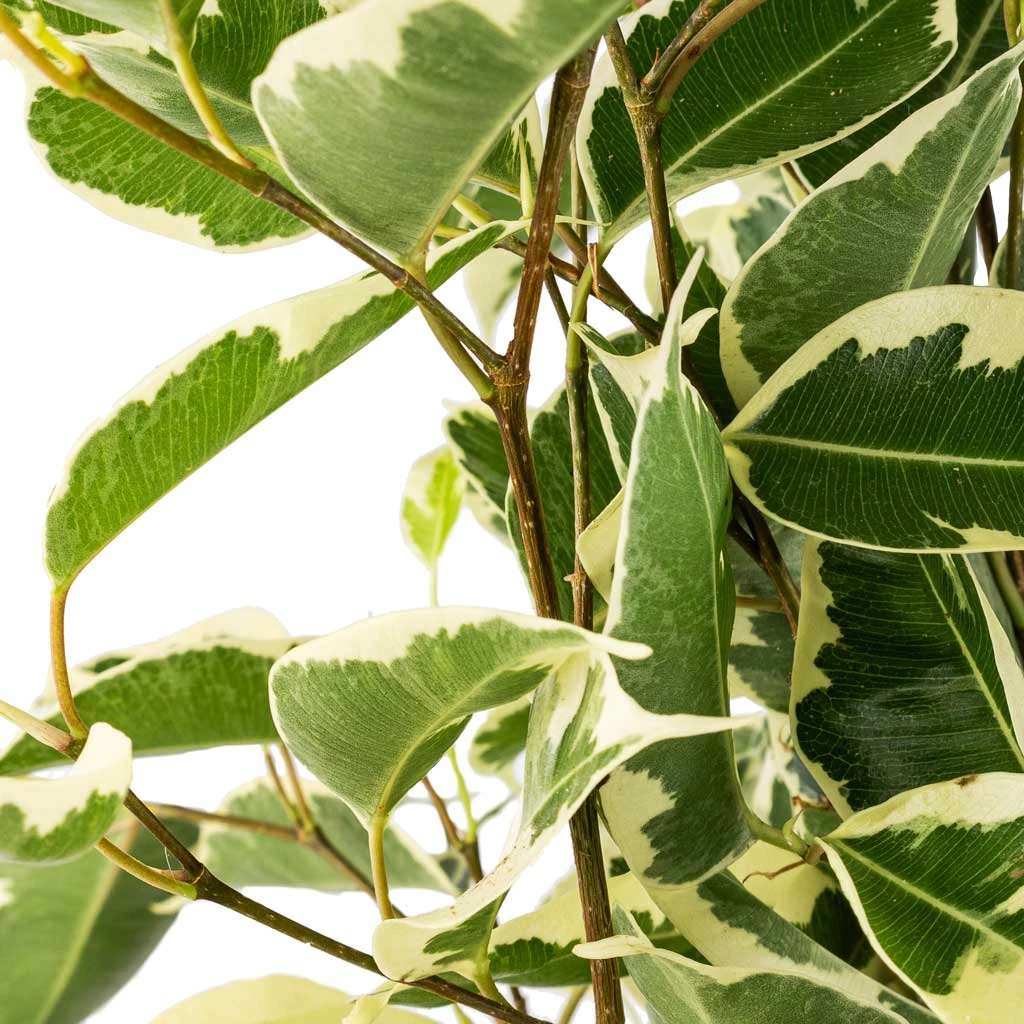
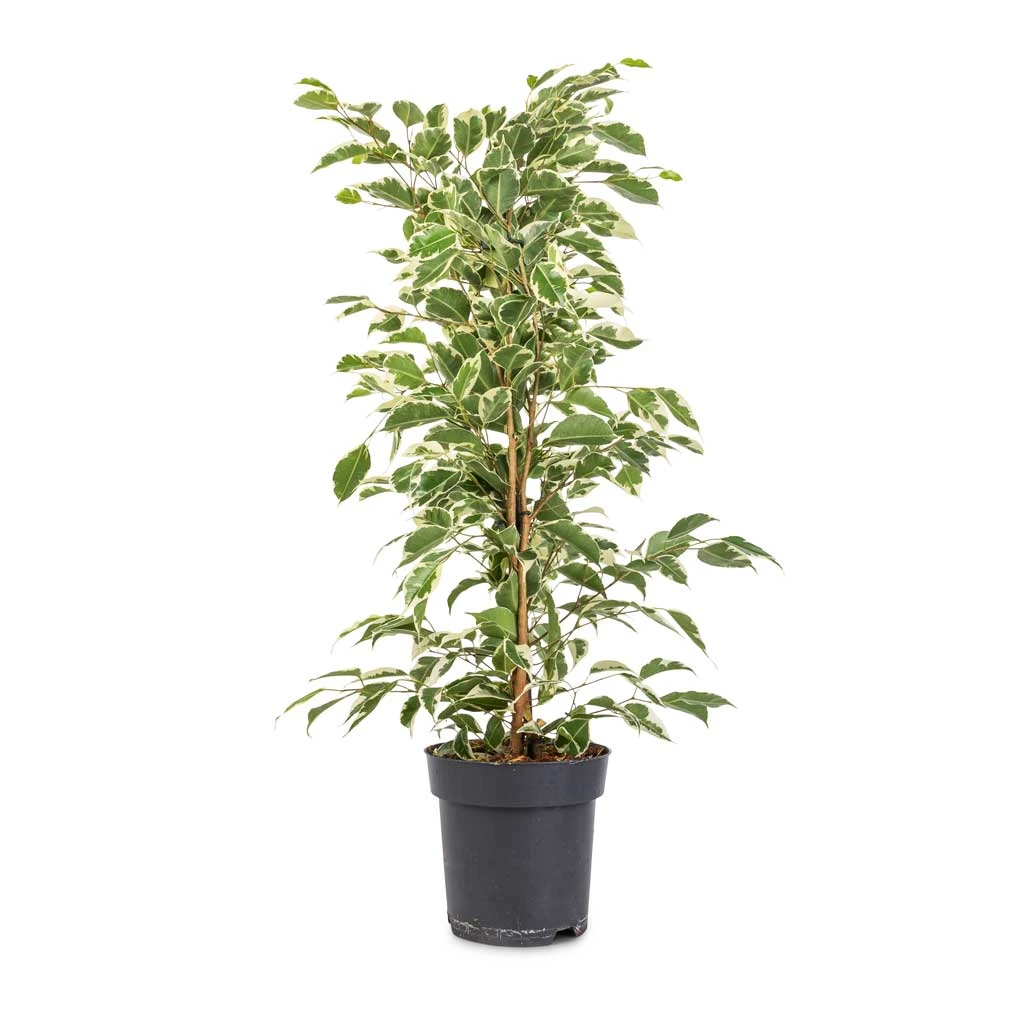
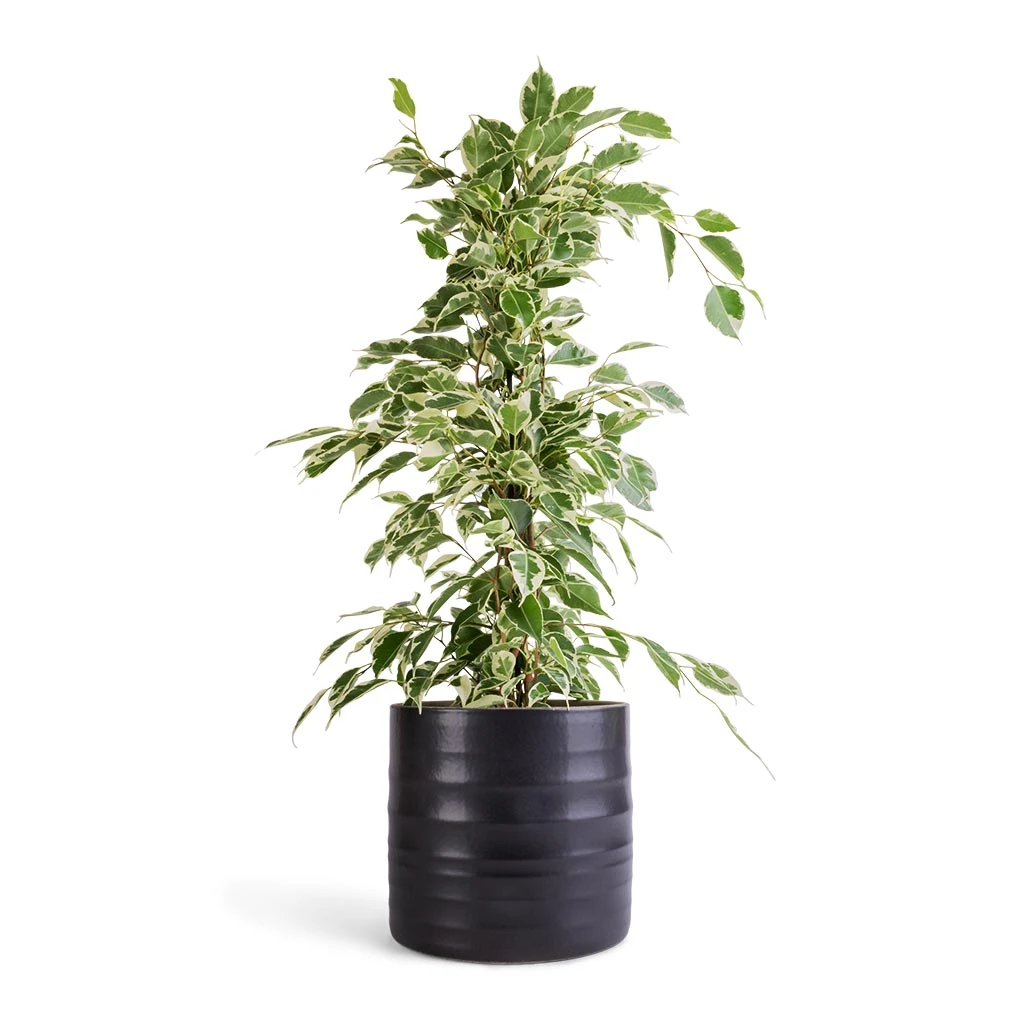
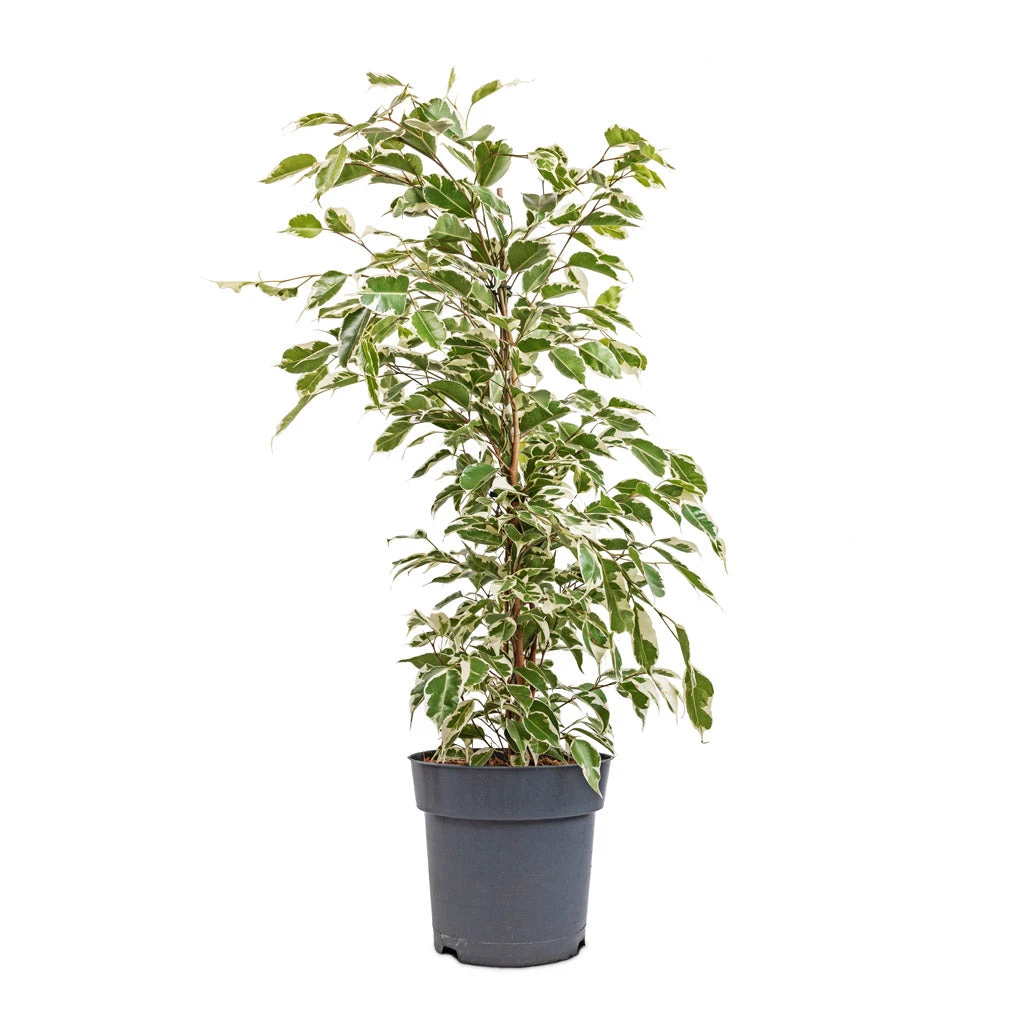

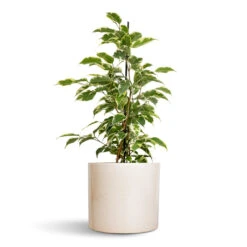
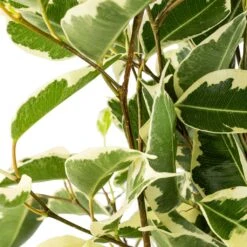
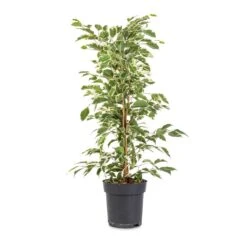
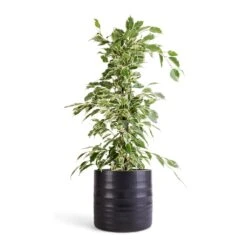
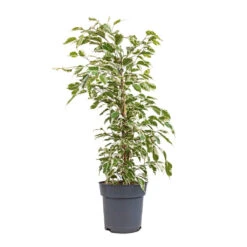

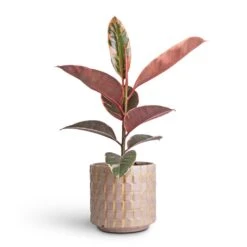
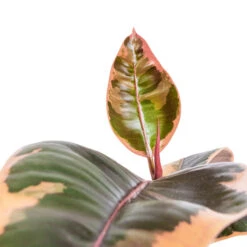

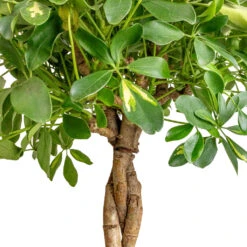

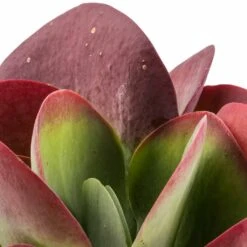
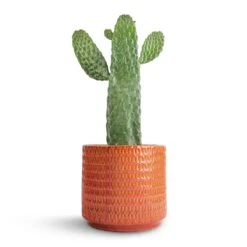
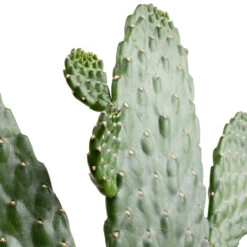


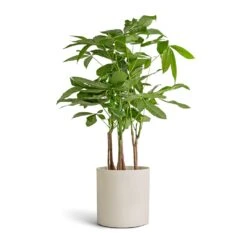

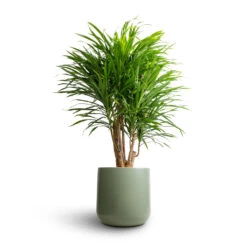

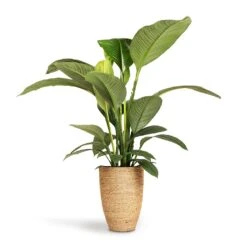

Reviews
There are no reviews yet.